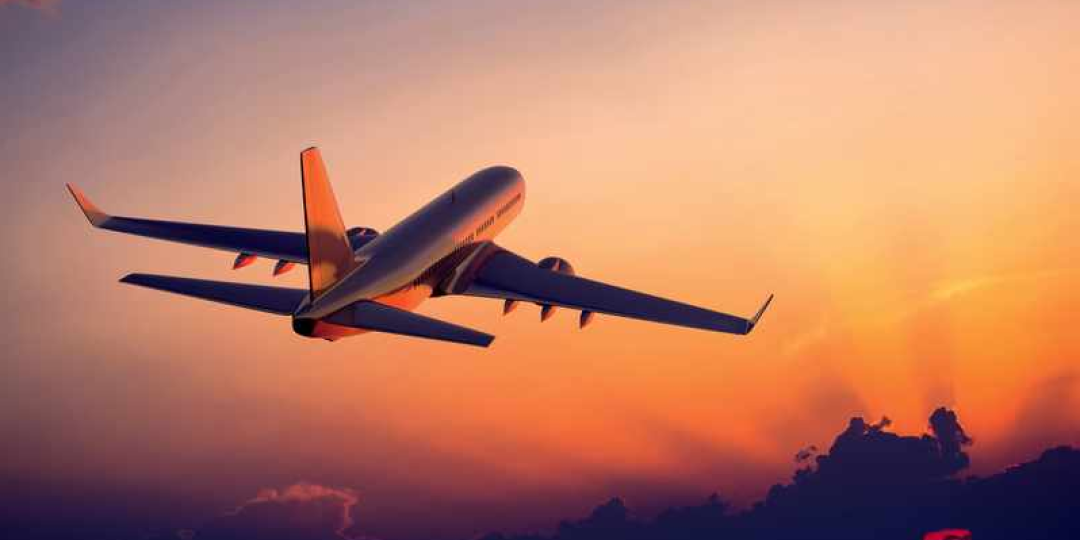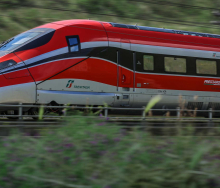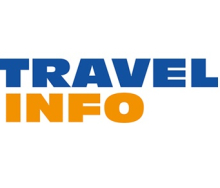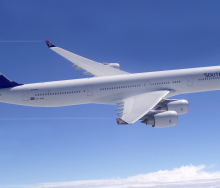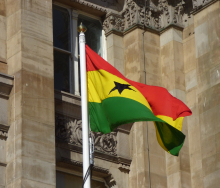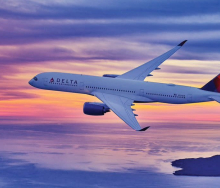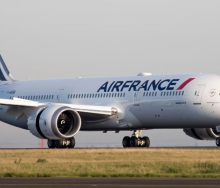The Single Africa Air Transport Market (SAATM), which is intended to reform intra-Africa market access and resolve the lack of intra-Africa connectivity, is still far from pan-African implementation and is faced with many challenges.
That’s the opinion of several aviation experts.
During the African Aviation MRO 2024 summit in Addis Ababa last month, Afraa Secretary General Abderahmane Berthe revealed that, since the fourth quarter of 2023, passenger traffic on the continent had reached pre-pandemic levels. Despite this, and the prediction by Afraa that in 2024 passenger traffic may exceed 2019 levels with 98 million passengers served, the number of connections across the continent is far lower than its potential. He said the African aviation community must continue ongoing joint efforts to transform and foster sustainable and resilient air transport systems.
“We need to create an environment to develop the traffic, the affordability of fares. That is why the SAATM is important, also the African Continental Free Trade Area. If there is no activity between countries, it is difficult for an airline to open a route… And I think African airlines also are not co-operating much…This is something that needs to be changed,” he said.
Challenges
SAATM has recently faced criticism for its lack of ability to implement and enforce standardisations in reciprocal charges, fees and traffic rights.
Regional and domestic carrier Airlink’s CEO and MD, Rodger Foster, told Travel News that the SAATM pilot implementation project currently being tested had made apparent the need for a standardised approach to determining and applying charges and fees for permits, licences, use of air navigation and airport services, ground-handling and more.
“Although the participating countries have opened their markets to airlines from other countries on a bilateral basis, many apply differential charges and fees to protect their own carriers from competition from airlines designated by those other countries. For example, South Africa’s authorities might charge an airline from Rwanda at the same tariffs it charges a South African carrier.
“However, Rwanda does not reciprocate and applies far higher fees on operators from South Africa (and other countries) than it does on its own airline,” explains Foster.
Last week, the Chairman of Air Peace, Allen Onyema, raised similar concerns and criticisms about SAATM implementation, at the 48th Annual General Meeting of the National Association of Nigeria Travel Agencies in Lagos.
While Onyema acknowledged SAATM’s potential as a key policy in liberalising African air transport, he criticised the policy for not addressing disparities in regulations and fees among its members. According to Onyema, many African airlines enjoy easy access to Nigerian cities and airports, however Nigerian airlines face exorbitant fees to gain access to other African countries. He called on SAATM and other African countries to level the playing field.
“SAATM can benefit all through collective efforts and addressing its imbalances. Africa’s potential will remain untapped unless Africans take deliberate action,” says Onyema.
The other big challenge relating to SAATM is reciprocity of access to markets, according to Foster.
“Airlines from all quarters of the continent are keen to tap into economic opportunities that are not directly available to them, but that are accessible via the SAATM ‘fifth freedom’ protocol, without reciprocation,” explains Foster.
“There are many examples of routes between Southern African countries being served by African airlines domiciled beyond the region of nexus where no direct (third and fourth freedom) traffic rights are available to them, making use of fifth freedom traffic rights without any form of reciprocity.”
There are currently 38 members signed up for SAATM, but not all the member states are complying with SAATM’s policies of reciprocal traffic rights, particularly with third and fourth freedom traffic rights, confirmed Berthe. As a result, Afraa announced that, in collaboration with the African Union, it is establishing a “dispute settlement mechanism” that will authorise an airline or a state to lodge a dispute against a state that is denying traffic rights, with some sort of sanction being the penalty.
Linden Birns, MD of PR consultancy Plane Talking, sees the fact that SAATM is not a regulatory or legislative body as a big challenge.
"The AU mandated the African Civil Aviation Commission to promote the adoption and implementation of SAATM. As neither the AU nor AFCAC have legislative or enforcement powers, there is no entity able to legislate or regulate a set of rules to underpin the Yamoussoukro Decision/SAATM principles and to ensure they are commonly understood, applied and enforced by all of the participating states. Without those, any efforts to liberalise market access will stall and impede economic growth across the continent,” concludes Birns.
